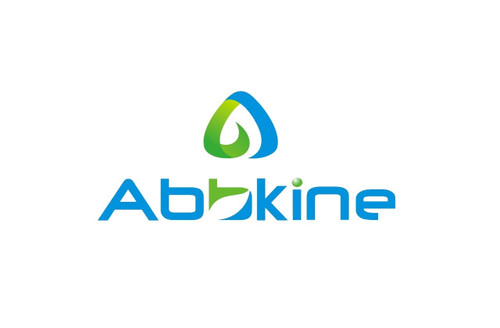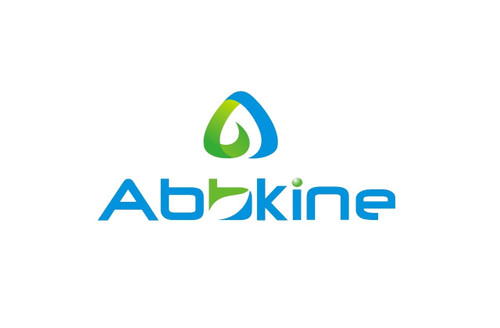Product Description
Human Solute carrier family 22 member 12 (SLC22A12) ELISA Kit | AE19058HU | Abebio
Species Reactivity: Human (Homo sapiens)
Abbreviation: SLC22A12
Alternative Name: OAT4L; RST; URAT1; organic anion transporter 4-like|solute carrier family 22 (organic anion/cation transporter) ; member 12|solute carrier family 22 member 12|urate anion exchanger 1|urate transporte
Application: ELISA
Range: 0.312-20 ng/mL
Sensitivity: 0.127 ng/mL
Intra-Assay: ≤4.6%
Inter-Assay: ≤7.3%
Recovery: 0, 85
Sample Type: Serum, Plasma, Other biological fluids
Detection Method: Sandwich
Analysis Method : Quantitive
Test Principale: This assay employs a two-site sandwich ELISA to quantitate SLC22A12 in samples. An antibody specific for SLC22A12 has been pre-coated onto a microplate. Standards and samples are pipetted into the wells and anySLC22A12 present is bound by the immobilized antibody. After removing any unbound substances, a biotin-conjugated antibody specific for SLC22A12 is added to the wells. After washing, Streptavidin conjugated Horseradish Peroxidase (HRP) is added to the wells. Following a wash to remove any unbound avidin-enzyme reagent, a substrate solution is added to the wells and color develops in proportion to the amount of SLC22A12 bound in the initial step. The color development is stopped and the intensity of the color is measured.
Product Overview: SLC22A12 is a urate transporter and urate-anion exchanger which regulates the level of urate in the blood. This protein is an integral membrane protein primarily found in kidney. Two transcript variants encoding different isoforms have been found for this gene.Detected in kidney (at protein level) . Detected in fetal and adult kidney. Detected in epithelial cells of proximal tubules in renal cortex. Numerous single nucleotide polymorphisms of this gene are significantly associated with altered (increased or decreased) reabsorption of uric acid by the kidneys. Respectively, these altered rates of reabsorption contribute to hyperuricemia and hypouricemia.
Stability: The stability of ELISA kit is determined by the loss rate of activity. The loss rate of this kit is less than 5% within the expiration date under appropriate storage condition. The loss rate was determined by accelerated thermal degradation test. Keep the kit at 37°C for 4 and 7 days, and compare O.D.values of the kit kept at 37°C with that of at recommended temperature. (referring from China Biological Products Standard, which was calculated by the Arrhenius equation. For ELISA kit, 4 days storage at 37°C can be considered as 6 months at 2 - 8°C, which means 7 days at 37°C equaling 12 months at 2 - 8°C) .
 Euro
Euro
 USD
USD
 British Pound
British Pound
 NULL
NULL








